From the Chicago Reader (February 2, 1996). — J.R.
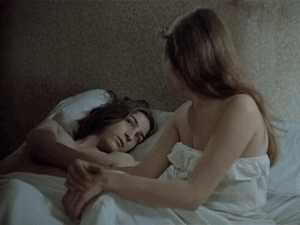
Robert Bresson’s penultimate feature (1977) — his only original script apart from his early short Les affaires publiques and his masterpiece Au hasard Balthazar — is a ringing indictment of the modern world, centered on the suicide of a disaffected 20-year-old Parisian. There’s something mannered and at times even freakish about Bresson’s handling of well-clothed adolescents and his multifaceted editorializing — which improbably recalls Samuel Fuller in its anger and dynamic energy — but the power and conviction of this bitter, reflective parable are remarkable. Not a masterwork perhaps, but certainly the work of a master, and, judging from the work of many of his young French disciples (including Leos Carax), one of his most influential features. Facets Multimedia Center, 1517 W. Fullerton, Friday, February 2, 7:00 and 9:00; Saturday and Sunday, February 3 and 4, 3:00, 5:00, 7:00, and 9:00; and Monday through Thursday, February 5 through 8, 7:00 and 9:00; 281-4114. — Jonathan Rosenbaum
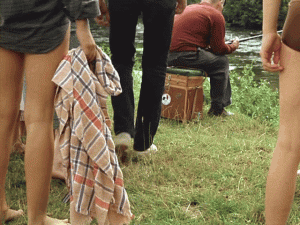 Read more
Read more
From the Chicago Reader (February 23, 1996). — J.R.
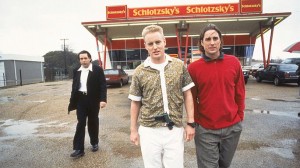
A fresh, character-driven, often funny, and unfashionably upbeat (as well as offbeat) first feature by Wes Anderson, this film — written by one of the lead actors (Owen C. Wilson) in collaboration with Anderson — focuses on three young and immature male friends and aspiring thieves in Texas. Two of Wilson’s brothers, Luke and Andrew, also act in the film, the former playing another of the leads; the third friend is played by Robert Musgrave, and Like Water for Chocolate‘s Lumi Cavazos and Hollywood veteran James Caan also play significant roles. The film has all the benefits that come from a relaxed cast largely consisting of friends, and the presence of such producers/godparents as Polly Platt, James L. Brooks, and L.M. Kit Carson probably helps as well. This isn’t a movie that beats you over the head, which in industry terms may make it a hard sell, but I found its Kerouac-like goofiness both charming and sustaining. Pipers Alley, Evanston. — Jonathan Rosenbaum
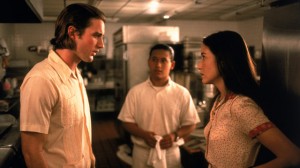 Read more
Read more
From the March 1, 1996 Chicago Reader. — J.R.
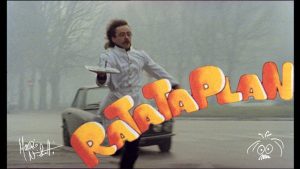
This was comic writer-director-performer Maurizio Nichetti’s first feature (1979), a string of episodic sketches, some of which blew me away when I first saw them. (Nichetti subsequently made Ho fatto splash, The Icicle Thief, and Volere volare.) This eccentric debut movie, still possibly Nichetti’s best, was so disliked by New York critics that it never opened here, though it played briefly on cable in the early 80s. The inventive sound track recalls Tati, and the poetically skewed view of the modern world has a quirky flavor all its own. The diminutive, cartoonish Nichetti plays a character named Colombo who alternately works as a waiter and tries to organize a theatrical group with friends; he also builds a precise replica of himself to go disco dancing in a club. The opening sequence is breathtaking, the rest a bit spotty; but the film is certainly worth a look. The title, incidentally, is a made-up word that’s supposed to sound like a drumroll. (JR)
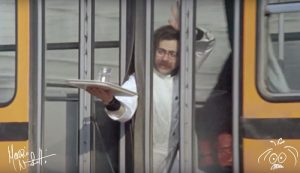 Read more
Read more






